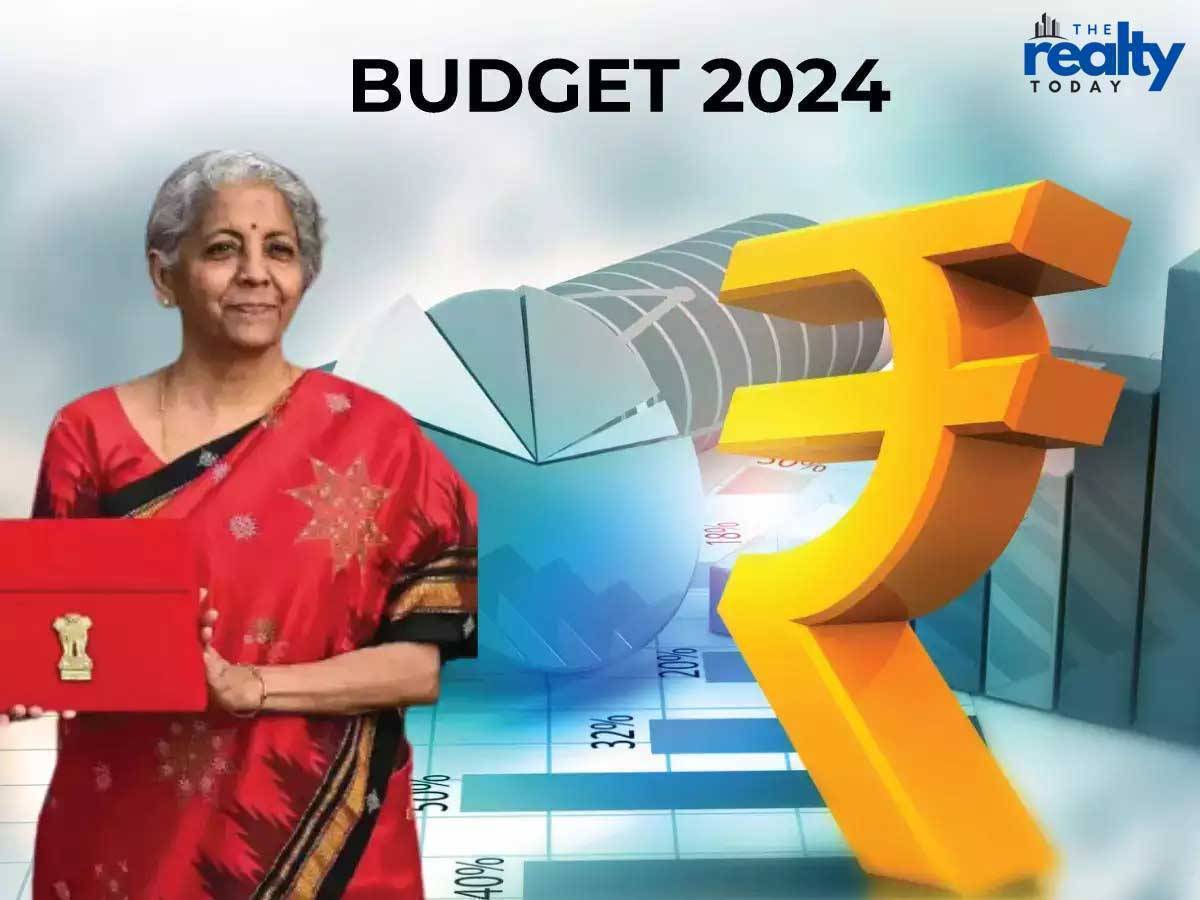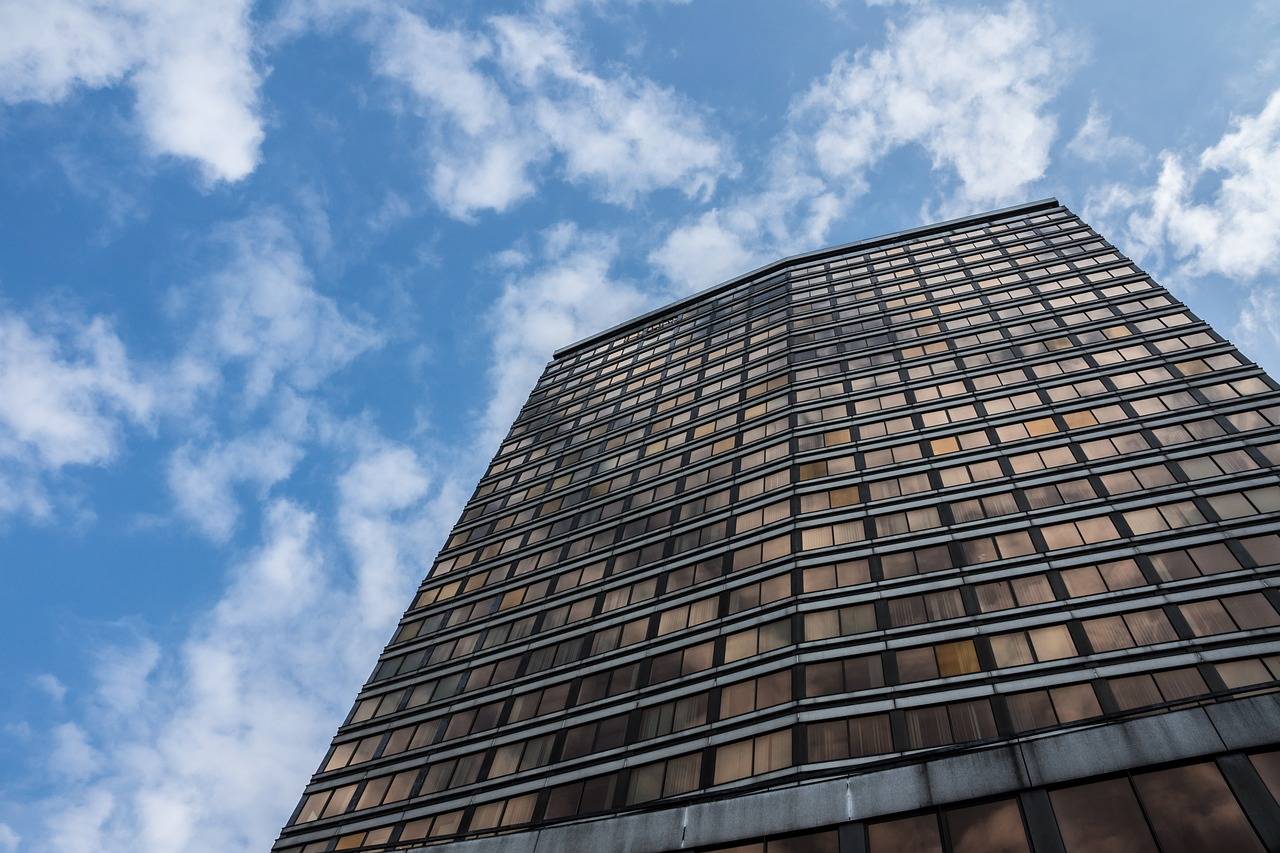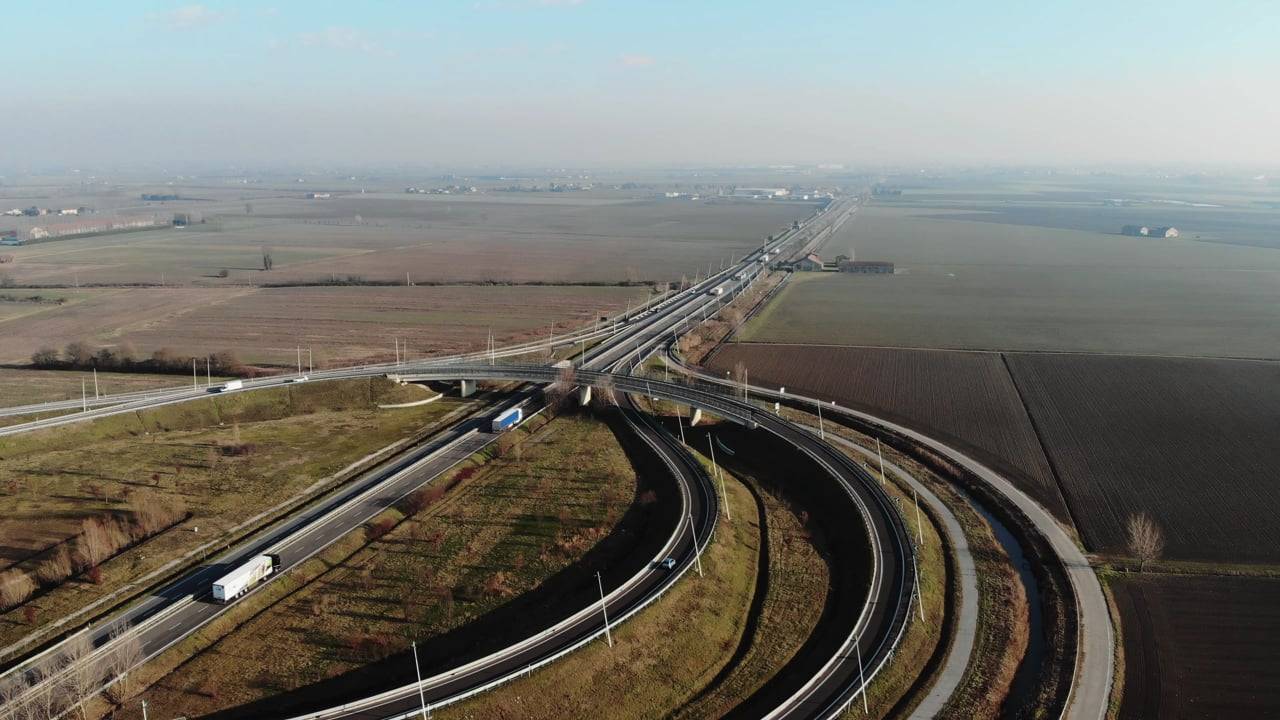The Union Budget 2024 has introduced several significant initiatives aimed at revitalizing India's real estate and infrastructure sectors. Finance Minister Nirmala Sitharaman's budget outlines strategic investments and policy measures designed to address long-standing challenges and stimulate growth.
Expansion of Pradhan Mantri Awas Yojana (PMAY
The Union Budget 2024 reveals an ambitious plan to significantly expand the Pradhan Mantri Awas Yojana (PMAY) with a total investment of Rs 10 lakh crore over the next five years. This includes a central assistance allocation of Rs 2.2 lakh crore, aimed at fulfilling the housing needs of one crore additional urban poor and middle-class families. Since its inception in June 2015, PMAY has already facilitated the completion of 4.21 crore houses in urban and rural areas. The latest budgetary expansion plans to add three crore more houses, with two crore designated for rural areas under PMAY (Grameen). This major increase is poised to make a substantial impact on the affordable housing sector, promoting sustainable urban development and significantly enhancing living conditions.
Government Announces ₹1.5 Lakh Crore Interest-Free Loans for Infrastructure Development
In a significant move outlined in the Union Budget 2024, the government plans to provide ₹1.5 lakh crore in interest-free loans to support infrastructure development across states over the next five years. This initiative is designed to bolster fiscal support for infrastructure projects and ensure robust and sustainable development throughout the country. The budget specifies that these interest-free loans will be available on a long-term basis, facilitating substantial investments in various infrastructure projects. To complement this, the government will promote private sector involvement through viability gap funding to address financial gaps in infrastructure development. This comprehensive approach highlights the government's commitment to strengthening infrastructure and ensuring long-term economic growth, with capital expenditure projected at ₹11,11,111 crore, representing 3.4% of GDP.
Special Provisions for Andhra Pradesh
A significant allocation of Rs 15,000 crore has been earmarked in the Union Budget 2024 for the development of Andhra Pradesh's capital city, Amravati, and to enhance the state’s overall infrastructure. The funding will focus on crucial infrastructure elements such as water, power, railways, and roads, particularly within the Vizag-Chennai Industrial Corridor (VCIC) and the Hyderabad-Warangal Industrial Corridor (HWIC). The development of Amravati as the sole capital of Andhra Pradesh is expected to stabilize real estate values and attract substantial investments. Additionally, the budget includes provisions for completing the Polavaram project, a major irrigation initiative in the state. These investments are aimed at addressing infrastructure deficits and fostering economic growth in the region.
Industry Expert's Opinions
Mr. Pradeep Aggarwal, Founder & Chairman, Signature Global (India) Ltd

“This is a holistic budget in each aspect, the government's decision to allocate ₹10 lakh crore under the PMAY Urban Scheme, targeting 3 crore houses and key focus on rationalising stamp duty for Home buyers especially for women, underscores a robust vision for urban development and will help homebuyers would save the significant amounts, making home ownership more accessible. At macro level sustained infrastructure impetus, reflected in the ₹11.11 lakh crore Capex allocation, we anticipate all these would create a multiplier impact and significant boost in the overall housing sector.”
Gaurav K Singh, Founder & Chairman, Womeki Group

"We welcome the government's recent budget announcement, which reflects a comprehensive approach to fostering growth in the real estate sector. The government's continued focus on infrastructure development, affordable housing, and sustainable urbanization is commendable. Additionally, the Government's plan to build two crore more houses in the next five years is a big step to help low and middle-income people in India find homes. Furthermore, relaxation of regulatory provisions is a positive step toward improving the ease of doing business in the real estate sector. Overall, the budget reflects a balanced approach to economic development and the real estate sector's growth, and we are optimistic about its potential impact."
Mr. Priyesh Chheda, Founder Arbour Investments

" The Union Budget 2024 has introduced several noteworthy measures that could significantly impact the real estate sector. The focus on infrastructure development, with a substantial allocation of ₹2.66 lakh crore for rural development and housing under the PM Awas Yojana, is commendable. This initiative, aiming to construct 3 crore additional houses, will likely boost the housing market, especially in rural and semi-urban areas, making homeownership more accessible to a larger population. Additionally, the proposed reduction in stamp duties by states and the further reductions in duties for properties purchased by women are steps in the right direction. These measures are expected to drive demand and foster inclusive growth in the sector. The Finance Minister announced that long-term capital gains on all financial and non-financial assets will attract a tax rate of 12.5%. Additionally, the limit of exemption for capital gains will be set at ₹1.25 lakh per year, which is expected to encourage more investments in real estate.
Moreover, the simplification of Foreign Direct Investment (FDI) rules and the emphasis on using the Rupee for overseas investments can attract more foreign investments into the real estate sector. The development of transit-oriented projects in 14 large cities and rental housing initiatives for industrial workers under the Public-Private Partnership (PPP) mode will enhance urban infrastructure and address housing shortages. The emphasis on the digitization of land records using GIS technology will enhance transparency, reduce disputes, and streamline the land acquisition process, benefiting developers and buyers alike. Furthermore, the fast-tracking of changes in the Insolvency and Bankruptcy Code (IBC) with additional tribunals and an integrated tech platform will ensure quicker resolution of insolvency cases, improving liquidity and stability in the real estate market. Overall, the Budget 2024 reflects a balanced approach, aiming to stimulate both supply and demand in the real estate market, which could lead to sustained growth and stability in the sector."
Mr. Sunil Dewali, Co-CEO of Andromeda Sales & Distribution Pvt Ltd, parent company of Andromeda Realty Advisors
“The Finance Minister's announcement to make housing more affordable, with a ₹2.2 lakh crore push under the PM Awas Yojana-Urban, is a major step forward. Addressing the needs of one crore poor and middle-class families with a ₹10 lakh crore investment over five years, it reflects a robust approach to urban development. Encouraging states to reduce high stamp duty rates, especially for women buyers, is progressive. Digitizing land records, GIS mapping, and urban housing initiatives, alongside workforce skilling, will boost the real estate sector. Significant infrastructure investments and simplified FDI rules will drive private investment, fostering economic growth and stability.”
Mr. Dharmendra Raichura, VP of Finance at Ashar Group
“Under the Modi 3.0 government, the Union Budget unveils a visionary blueprint for India's real estate sector. The budget prioritizes employment-linked incentives, allocating funds for manufacturing job creation and employer support, ensuring a robust workforce to propel growth. Notably, the unprecedented allocation of ₹10 lakh crore for urban housing aims to address the needs of 1 crore urban poor and middle-class families, marking a significant stride towards sustainable and inclusive urban development.
Introducing rental housing with dorm-like accommodations for industrial workers under the PPP model demonstrates a strategic approach to tackling urban housing challenges. The budget underscores the government's commitment to fostering urban development with a sustained focus on infrastructure, maintaining a capex outlay of ₹11.11 lakh crore. Furthermore, the transparent rental markets and supporting urban haats through initiatives like Svanidhi positions the real estate sector as a pivotal driver of India's economic growth. This budget presents a clear roadmap towards a developed India by 2047, offering immense opportunities for real estate developers to contribute to and benefit from the nation's progress.”
Mr. Shrinivas Rao, FRICS, CEO, Vestian

“Announcements under the Union Budget 2024-25 are a step towards achieving the goal of Vikshit Bharat by 2047. The budget continued its focus on infrastructure development and provided impetus to employment generation with an aim to bridge the skill gap and boost the Indian economy.”
The budget witnessed several announcements which may boost demand for real estate assets - A budget allocation of INR 10 lakh crore to develop one crore urban houses under PMAY, improved transparency in rental housing markets, digitization of land records, and reduction in stamp duty. Additionally, sustainability gained momentum through the government’s push for clean energy, which may also be reflected in the real estate sector. All in all, the focus on infrastructure development will directly or indirectly have a positive impact on the real estate sector too.”
Mr. Sankey Prasad, Chairman & MD, India & CMD - Middle East, Colliers Project Leaders

“The Union Budget 2024-25 has focused on employment generation, skilling, manufacturing augmentation, innovation and inclusive growth. On the real estate front, additional allocations under PMAY scheme, rationalization of stamp duty charges for women-home buyers and focus on rental housing catering to industrial workers bodes well for the residential segment. Interestingly, bolstered by government policy support and infrastructure developments, spiritual tourism is poised to be a critical growth driver for the development of several temple towns in India. Announcements related to industrial parks and corridors can potentially add vigor to the industrial & warehousing segment. Moreover, increase in disposable income under the new tax regime through additional deductions and slab revisions can amplify investments across real estate asset classes including REITs.”
Mr. Amit Goyal, Managing Director, India Sotheby's International Realty

“The budget strikes a delicate balance: prioritizing infrastructure, job creation, and MSMEs while maintaining fiscal discipline. The commitment to reduce the deficit to 4.5% and below over the next few years by FM Nirmala Sitharaman, is commendable. This ensures long-term economic stability, high credit rating and FDI inflows for India. In a young nation with a large youth population (40% under 25!), skilling and job creation are crucial.
For real estate transaction, bringing down the long-term capital gains tax from 20% to 12.5% is a welcome step, even if it comes with removal of indexation benefits. This will encourage more liquidity in property transactions. Higher uniformity in long term capital gains tax across different asset classes was a long standing ask of investors. The push for digitization, efficient land management, and modernized bylaws is also a boost for urbanisation and real estate. This will improve ease of property transactions and strengthen municipal finances through increased property taxes.”
Mr. Ashish Agarwal, Director, AU Real estate
"We wholeheartedly embrace the Union Budget 2024-25 unveiled by Finance Minister Nirmala Sitharaman, particularly the ambitious allocation for infrastructure development. The proposed investment of Rs 10 lakh crore signals a transformative era for the real estate sector, paving the way for enhanced connectivity and urban expansion. By prioritizing ease of doing business and supporting job creation, this budget fosters an environment ripe for investment and innovation. We believe these strategic initiatives will not only meet the growing demand for housing but also stimulate economic growth, benefiting developers, buyers, and communities alike. Together, we can build a brighter future, turning vision into reality in the vibrant landscape of real estate.”
Mr. Santosh Agarwal, CFO and Executive Director of Alphacorp
"We applaud the government for its forward-thinking budget proposals, which hold significant promise for the real estate sector. The emphasis on 'Viksit Bharat' as a theme for this year is particularly commendable as it aims to bridge the urban-rural divide and ensure inclusive development across regions. Lower stamp duties aim to make property more affordable for women, boosting home ownership and stimulating real estate transactions. This reduction in costs is expected to encourage more women and families to take benefit of the savings. Furthermore, investment-ready ‘plug and play’ industrial parks will be developed in or near 100 cities, with 12 parks already sanctioned under the National Industrial Corridor Development Programme. These initiatives are poised to bolster industrial growth, attract investments, and boost local economies across the nation."
Manish Jaiswal, Group COO of Eldeco Group

“We appreciate the government's progressive budget plans, which promise to positively impact the real estate market. The recent budget unveils a forward-thinking approach that promises substantial growth for the real estate sector. The reduction in stamp duties is a noteworthy step towards making property more accessible, particularly for women, which is expected to boost home ownership and invigorate real estate transactions. The expansion of the Pradhan Mantri Awas Yojana (PMAY) with the creation of 3 crore additional homes and an investment of Rs 10 lakh crores is a significant boost, enhancing housing availability and supporting the cement industry. The Rs 2.2 lakh crore allocated for urban housing over the next five years, along with initiatives for rental housing and transit-oriented development, will further enhance affordability and infrastructure. These measures, coupled with the development of industrial parks, are set to attract investment and drive economic growth across the nation."
Ashish Sharma, AVP operations, Brahma Group
“We welcome the Budget 2024 presented by Finance Minister Nirmala Sitharaman. It brings in great tax incentives and simpler regulations to boost investments in housing and infrastructure projects. Additionally, it aims to improve funding for developers and homebuyers, support housing initiatives, and promote sustainable urban development. Moreover, the proposed Rs. 10 lakh crore investment sets the stage for a transformative era in the real estate sector, promising better connectivity and urban expansion. The budget's emphasis on accessibility, affordability, and environmental sustainability shows its dedication to creating job opportunities and ensuring robust sectoral growth in the coming years.”
Dr. Payal Kanodia, Chairperson, FICCI YFLO Delhi

“It is encouraging to see our vision align with the Modi government's progressive approach to real estate and infrastructure. As the newly appointed Chairperson of YFLO Delhi, I am more committed than ever to advancing women’s roles in these sectors. My goal is to impact 1 million people by enhancing livelihood opportunities, youth skill development, and socio-economic empowerment within the real estate and infrastructure fields. Modi 3.0’s focus on improving women’s workforce participation through initiatives like specialized training programs and support for women in construction and infrastructure is truly inspiring. At YFLO, in collaboration with Womenovator, we are working to encourage private academic institutions to support women pursuing careers in real estate and infrastructure. Additionally, through the M3M Foundation, we will scale new initiatives to attract private investment in infrastructure projects and accelerate the adoption of innovative technologies, such as advanced construction materials, in Delhi NCR and border areas like Leh and Ladakh, benefitting women in these regions.”
Way Forward
The Union Budget 2024 presents a transformative vision for India's real estate and infrastructure sectors, with Finance Minister Nirmala Sitharaman unveiling a series of bold measures aimed at addressing longstanding challenges and fostering sustainable growth. The significant expansion of the Pradhan Mantri Awas Yojana (PMAY) with a ₹10 lakh crore investment and the allocation of ₹1.5 lakh crore in interest-free loans for infrastructure development underscore the government's commitment to improving urban and rural housing and enhancing infrastructure across the country. Special provisions for Andhra Pradesh and various industry experts’ endorsements highlight the anticipated positive impact on real estate values and economic development. With strategic investments, policy reforms, and a focus on inclusivity, the budget is poised to stimulate growth, drive private sector participation, and create new opportunities in India's real estate and infrastructure domains.














.png)